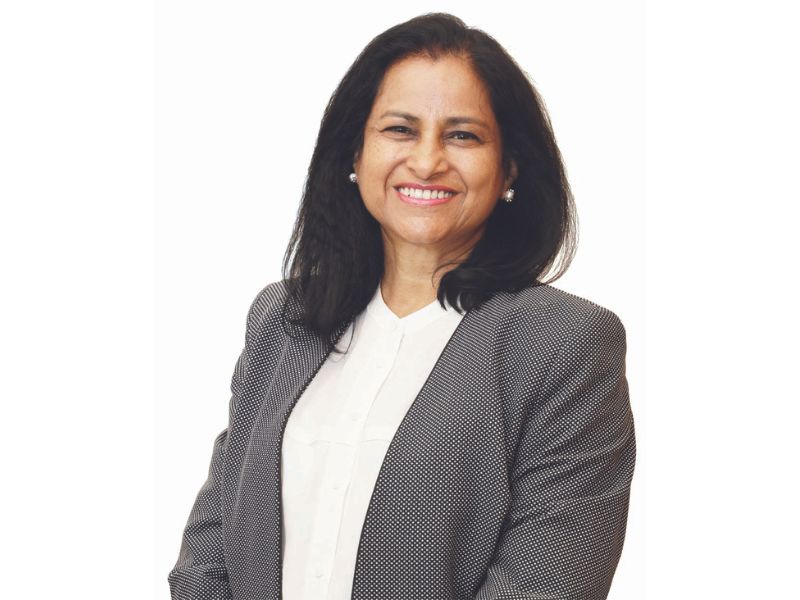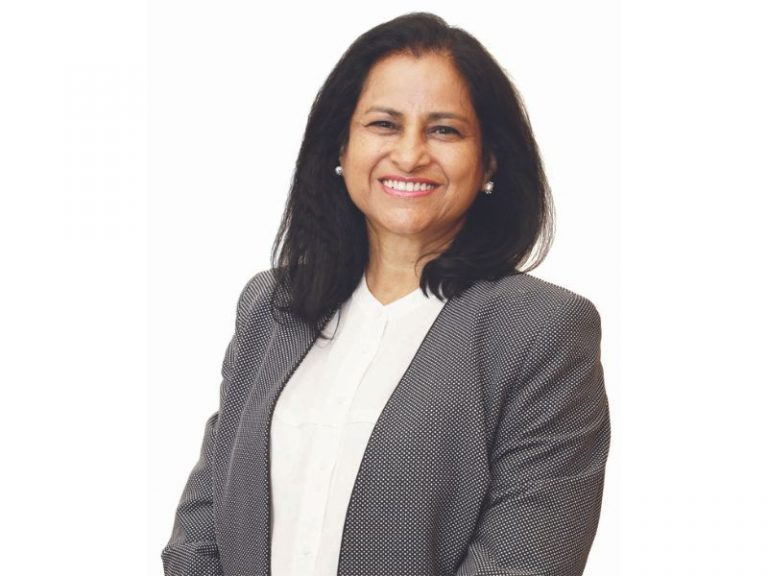Successful foundational learning model
After 30 days, children’s learning outcomes were so transformed that the district magistrate requested DEVI Sansthan to expand its programme to another 200 schools, writes Sunita Gandhi

TODAY, SEVEN OF TEN CHILDREN ACROSS India cannot read with comprehension by their tenth birthday. The Covid-19 pandemic severely disrupted Indian education, but the pre-pandemic picture wasn’t rosy either. Barely half of children were able to read after five years of schooling.
The National Initiative for Proficiency in Reading with Understanding and Numeracy (NIPUN) Bharat programme, launched in July 2021 by the Union education ministry’s Department of School Education and Literacy, has set an ambitious goal of universal foundational literacy and numeracy (FLN) by 2026-27. For the first time, FLN has been accorded highest priority in the detailed and visionary National Education Policy (NEP) 2020. How can this goal be attained?
A dispassionate analysis is required to assess whether this goal is attainable. Evidence suggests that increasing ‘inputs’ doesn’t improve ‘outcomes’. There is no causal relationship between more teachers training and better results in terms of children’s learning outcomes. Moreover, grouping children by ability creates fixed mindsets that can be damaging. Nor do teachers change their behaviour quickly. Like master puppeteers, they feel justified in teaching the way they have always done. Their schedules are full with textbook completion, and several non-teaching duties. There’s little room for innovation and undertaking new projects — workbooks, hands-on activities, tracking, revision, testing, remedial work, etc. However, it’s time for governments to think out-of-the-box and devise disruptive new solutions.
[userpro_private restrict_to_roles=
The body of evidence suggests that most teachers want to excel in their work, and also want their students to excel. Here are a few suggestions to create more conducive teaching-learning conditions in classrooms:
- Focus on outcomes. Teachers should be accountable for students learning outcomes, not quantum of inputs.
- Learning & sharing. Teachers need to share evidence and learn from each other, highlight good work and celebrate success. Schools need to move beyond carrot and stick accountability to motivate teachers.
- Reduce burden. School managements should focus on developing students’ competencies for each grade as prescribed by NIPUN Bharat, to accelerate fluency and understanding, writing, and mastery of numeracy.
- Children-led learning. School managements need to switch from teacher-led processes that slow down learning and implement child-led processes instead.
In March 2022 at the invitation of the Union education ministry, Dignity Education Vision International (DEVI) Sansthan, a Lucknow-based NGO promoted by this writer, introduced its child-led ALfA (Accelerated Learning for All) foundational learning programme for classes I-V children in ten schools in the Shamli district of Uttar Pradesh. After 30 working days, the learning outcomes of children were so transformative that the district magistrate requested DEVI Sansthan to expand its programme (starting this November) to another 200 schools with 70 more schools in the control group.
In the pilot programme, 84 percent of children began to read full textbook paragraphs in 30 days. Many are reading newspapers and prescribed textbooks in other subjects. Even younger children in classes I-II have surpassed NIPUN Bharat goals for literacy and numeracy. Learning outcomes of all children including those with special needs, shy and hyperactive children, have shown considerable improvement.
It’s pertinent to note that the ALfA toolkit comprising three booklets: Reading (28 pages), Writing (10) and Numeracy (24) requires just two periods per day for 60-90 days — equivalent to 8-12 percent of the school year. ALfA books are usually completed within two-three months but the process of paired learning continues through the entire year and has accelerated learning in all subjects.
The ALfA child-led process of paired learning is ground-breaking new pedagogy. It scaffolds learning from known to the unknown in logically organised and visually attractive modules that enable children to self-learn, with each new module building on the previous. Under this pedagogy, teachers don’t teach, they are galvanizers. They explain the ‘prompts’ in each module. They gather required resources, prepare the environment, and speak the language of encouragement to motivate every child.
Government and public reaction to the ALfA programme has been enthusiastic. It has been replicated in 25 national and international languages and the Republic of Maldives is implementing ALfA countrywide, with six other national governments evaluating it closely.
State governments and private schools — especially budget private schools — are advised to experiment with ALfA and its variants to dramatically improve children’s learning outcomes. Interested parties are welcome to connect with DEVI Sansthan through our website www. dignityeducation.org.
It is possible to universalise FLN within months, rather than years. It’s time to end business as usual in India’s classrooms.
(An alumna of Cambridge University and former economist at the World Bank, Dr. Sunita Gandhi is the founder-CEO of DEVI Sansthan, Lucknow)
[/userpro_private]

















Add comment